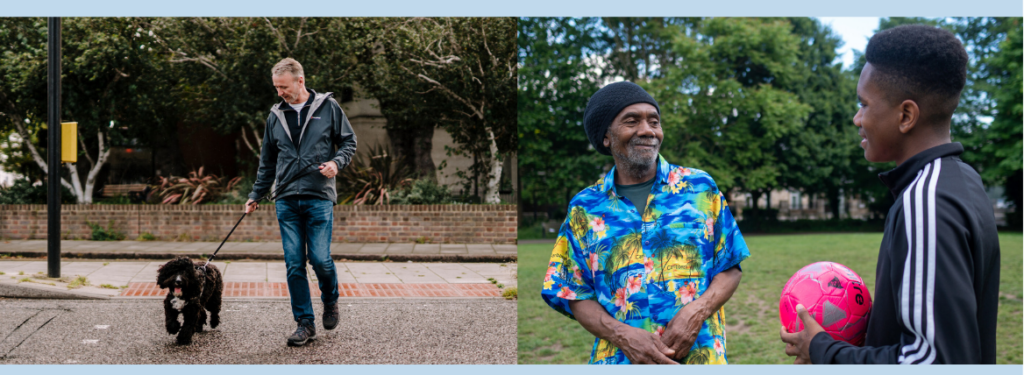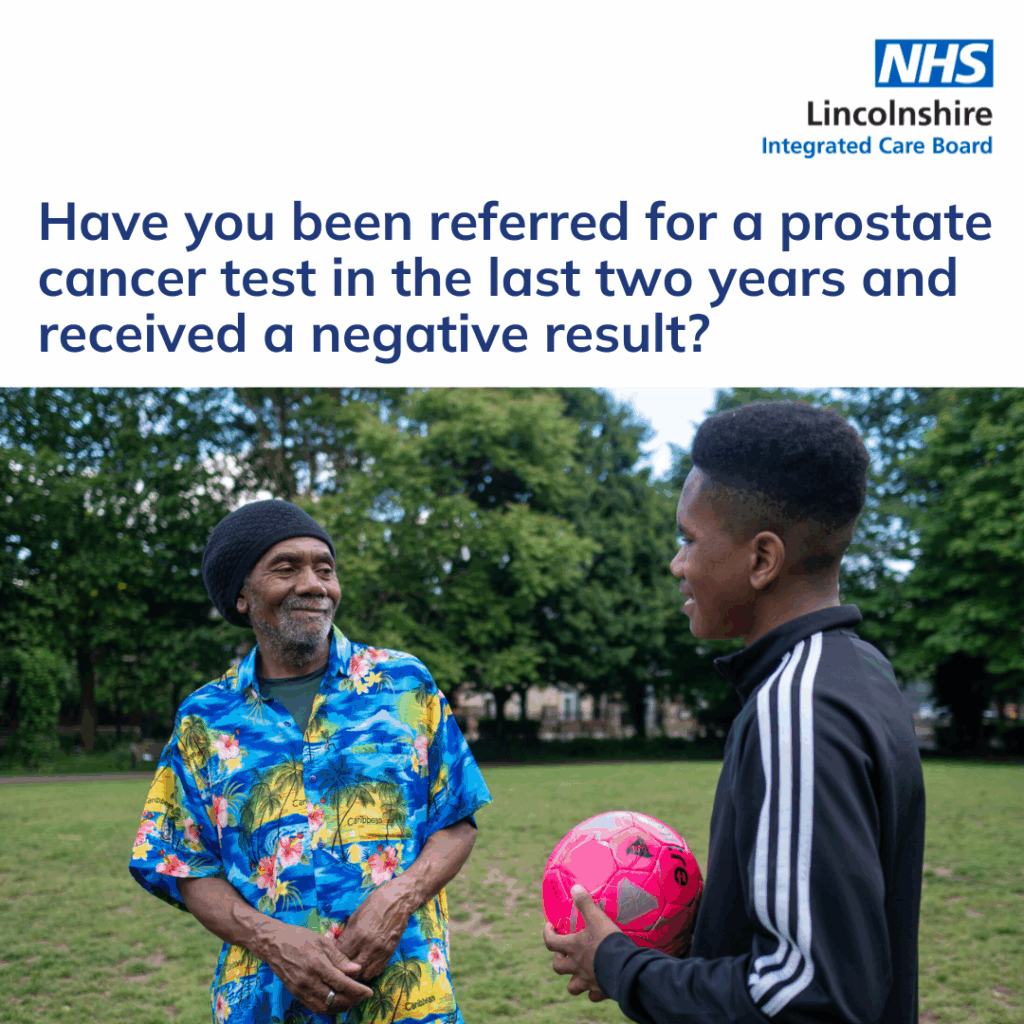Prostate Cancer Patient Experience: Insights from Lincolnshire

What we set out to achieve
We wanted to hear directly from people affected by prostate cancer in Lincolnshire – patients, carers, families – to understand what’s working, what’s not, and how we can make things better.
This review was part of our commitment to improving cancer care through the Living with Cancer Strategy 2023–28, focusing on real experiences to shape future services.
What we did
Between January 2025, we launched a county-wide survey and received an incredible 868 responses. Here’s how we reached people:
- We co-produced the survey questions with Macmillan Cancer Co-production Group 4,733 mailshots sent to patients referred for prostate cancer in the last 5 years inviting them to complete our survey
- Posters with QR codes and links to the survey sent to Patient Participation Groups (PPGs), GP practices, pharmacies, and community venues.
- Social media campaign targeting men aged 60+.
- Targeted specific groups including veterans, men’s groups, carers, and older people groups.
- Reviewed the results of the survey with the co-production group, highlighting insights and patient stories
- Patient reps with lived experience of prostate cancer attended the Urology Stakeholder Group to talk first-hand about their experiences with clinicians, programme managers and GPs who attend the meeting.
We didn’t just collect numbers — we listened to stories, concerns, and suggestions.



What you told us
Signs and symptoms
- The most common symptom was needing to pee more often, especially at night — reported by 47% of respondents.
- 32% had no symptoms at all before diagnosis.
Information and advice
- 73% received information on physical aftereffects of treatment.
Many said they wanted more advice on:
- Emotional and psychological aspects of living with cancer.
- Support for family, friends, and carers.
- Diet and lifestyle changes.
- Financial advice was one of the most requested but least received areas.
Support & communication
- Experiences with GPs and hospitals varied — some felt supported, others felt left in the dark.
- Many wanted more emotional support, especially after treatment.
Impact of treatment & long-term side effects
- 86% were aware of side effects before treatment.
- 52% were able to discuss how to manage long-term side effects with their care team.
- 21% wanted more support, and 17% said they were not able to discuss options. Long-term effects like incontinence and erectile dysfunction were significant concerns.
Treatment decisions
- 85% would still choose the same treatment knowing the side effects.
- 7% would have liked more advice on other options.
- 3% would have chosen a different treatment, and 5% were unsure.
Living beyond cancer
- Some felt confident and well-supported.
- Others faced challenges accessing supplies, managing side effects, and navigating follow-up care.
The difference it’s made
This programme of work is ongoing so be sure to check back for more updates on how your feedback has made a difference as we work through all the great feedback we’ve received!
So far, your feedback has already made an impact:
- These insights have been shared with the Lincolnshire Cancer Board and Urology Stakeholder Group to drive real change.
- A working group has been set up and we’ve identified key areas for improvement and developed an action plan — from communication and care planning to practical resources to support patients.
- A patient support pack is being developed with the help from the Macmillan Co-production Group.
- Prostate UK bags will be given to all patients which will now contain key worker contact details as well as being added to patient discharge bags so patient know who to contact should they have any issues.
- The United Lincolnshire Teaching Hospitals (ULTH) website is planned to undergo improvements to further support patients requiring information.
What’s next?
The working group continue to meet regularly to monitor and support the implementation of the improvements.